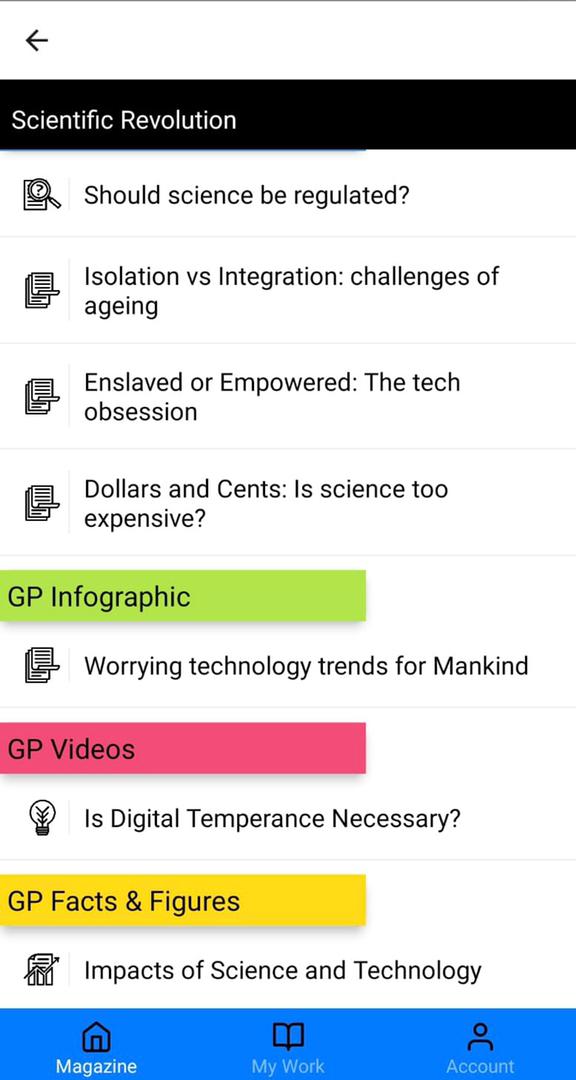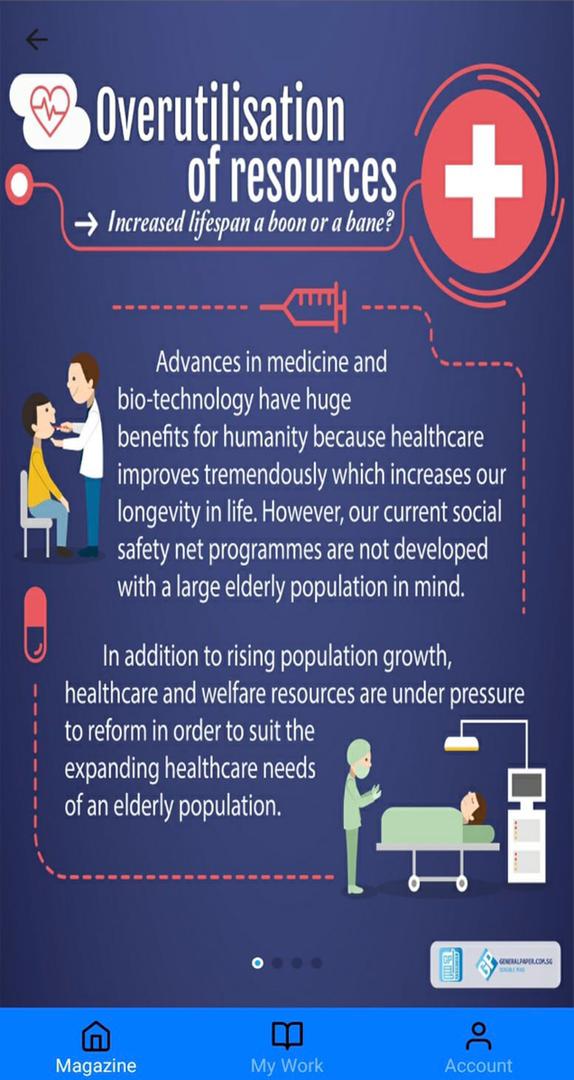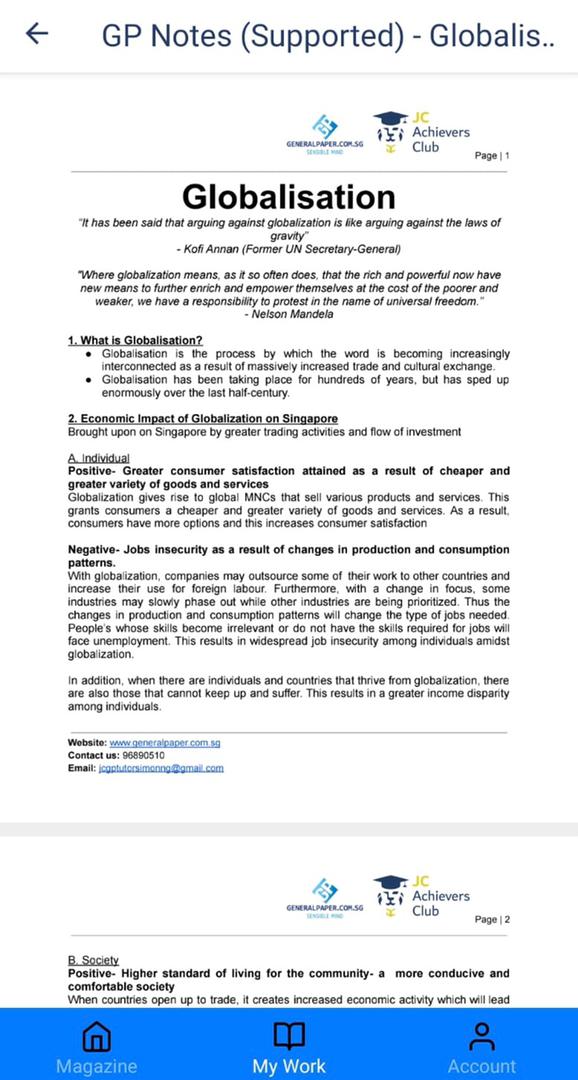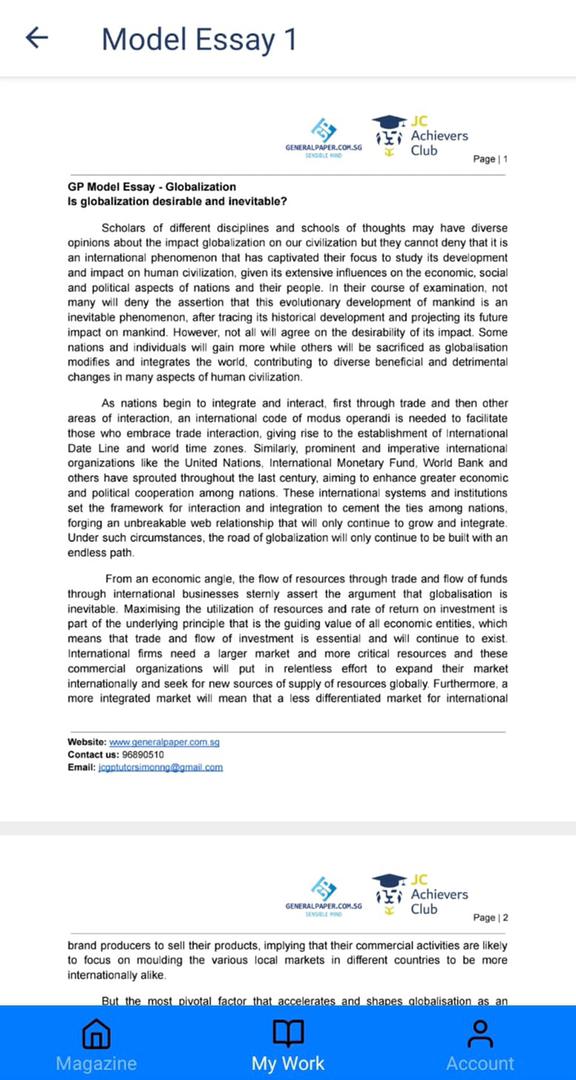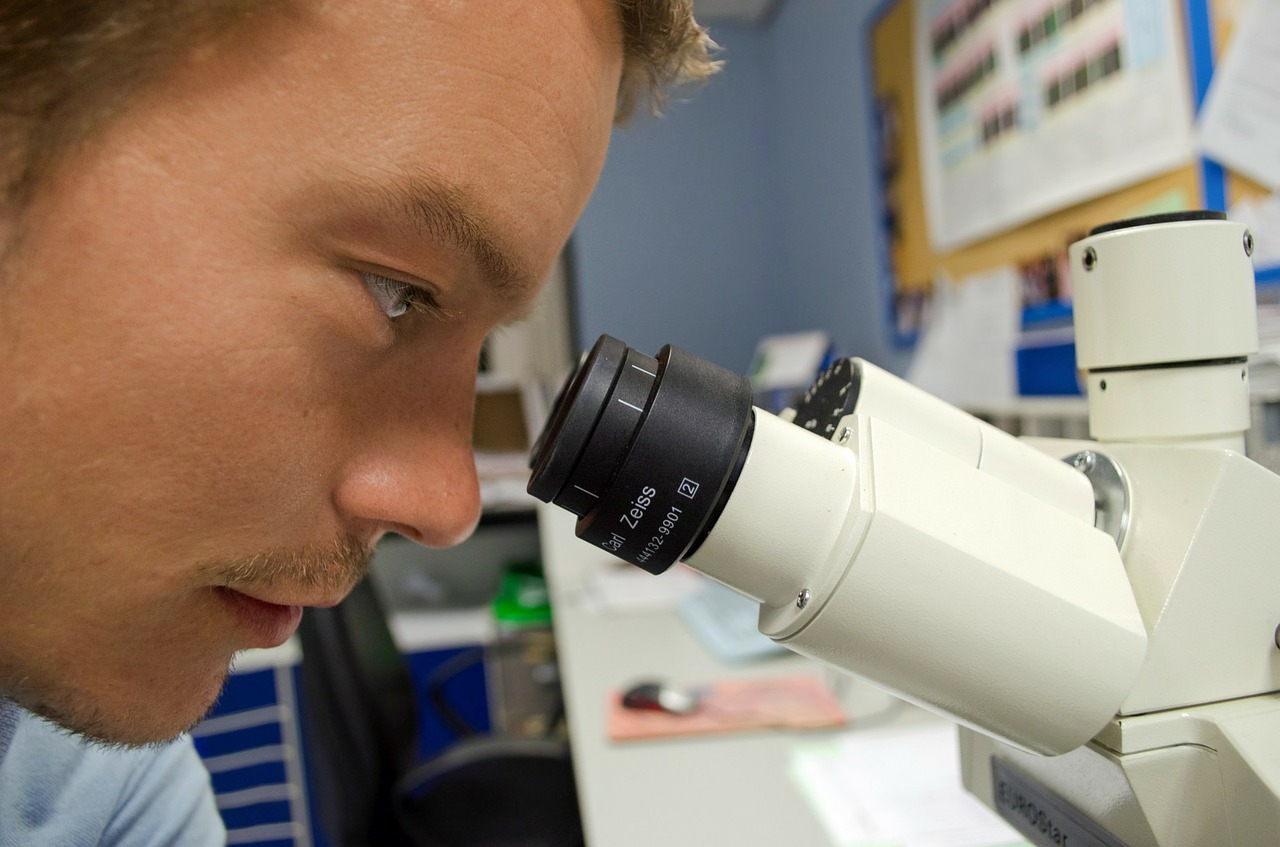
JC GP Tutor Tuition Simon Ng | Science and Technology
Be part of our vibrant learning community
Join now to get more learning resources like this

Join our FREE GP Learners Club
to learn anywhere and anytime!
Be a digital learner
and get Grade A for GP
Get learning resources Now?
GP Study Magazine
and cultivate writing and answering skills
 Learn More
Learn More
GP Videos | Content Enrichment |
GP Essays | Infographics | GP Facts
How does Science and Technology change the way we think?
How does Science and Technology shape our mindsets? In our GP Tuition Notes on Science and Technology, we will cover the psychological impacts of technological progress, such as the increased reliance on the Internet for information. Also, there have been an outbreak of addiction cases that plagued societies.
Science and Technology can change the way we think because it is involved in our everyday life. Hence it is given the space to change even the smallest parts of us. For this article, we are going to explore how Science and Technology affects our cognitive, behavioural and genetic psychology.
Affects our cognitive psychology
Science and Technology plays a huge role in our cognitive psychology as it helps to shape the capacity and limitation of the human brain. Our cognitive psychology includes our attention, memory, perception, language and understanding of our thought process.
With Science and Technology, we have learnt more about how our brain works and how little we are using it only. Thus, as a response, we are taught to pick up more new activities, not smoke, and eat more nutritious food to increase our brain power.
In addition, Eric Wassermann, a neuroscientist at the National Institute for Neurological Disorders and Stroke, is using an approach known as transcranial direct current stimulation (TDCS), in which an electrical current is passed directly to the brain through the scalp and skull. This is to target part of the brain involved in higher-level organization and planning, as well as in working memory so as to enhance memory. This is also used for enhancing cognition and functioning in Schizophrenia patients. Hence, Technology has evolved to maximise the potential of the human brain.
Affects our behavioural psychology
Social technologies such as social media platforms have caused people to be influenced to become desensitised to the bad in the world. With articles about people dying from shootings, bombings and hate crimes popping up in between other articles about how a celebrity has bought a new house, or how to make the chewiest chocolate chip cookies, the severity of the situation has been masked, hence making it seem like an everyday thing.
These influences have implications on people, with some inducing harmful behaviour such as violence insensitivity. For example, killing sprees might have a contagion effect. Rampage shooters show a pattern of being obsessed with the tally, said a sociology professor Zeynep Tufekci. In fact, research shows that mass shooters are more likely to act when there has been a recent high-profile mass killing because they are inspired by how the previous killer is able to attract that much media coverage, such that his name and face is all over social media. Hence, they are more likely to model after that killer to act as a copycat, hoping that they will achieve the same effect.
Affects our genetic psychology
Science and Technology enables the possibility of shaping genetic information which influences our psychology in the molecular level. One such way it can do so is through gene therapy. This is an experimental technique that uses genes to treat or prevent diseases. This could allow doctors to treat a disorder by inserting a gene into a patient’s cells instead of using drugs or surgery. This could then cure people of diseases as soon as it is noticed.
Another way this can be done is through having designer babies, where parents can alter how intelligent, beautiful, healthy, and can change certain characteristics of the child before they are born so that they can have the perfect baby. This is good in the sense that they will be able to succeed more in life and will be less prone to health problems.
However, both gene therapy and having designer babies dehumanises us. It makes our lives seem as though it can be prolonged if we have the money, thus giving us many chances at life, hence then not appreciating being alive as much and treasuring the chances they get.


